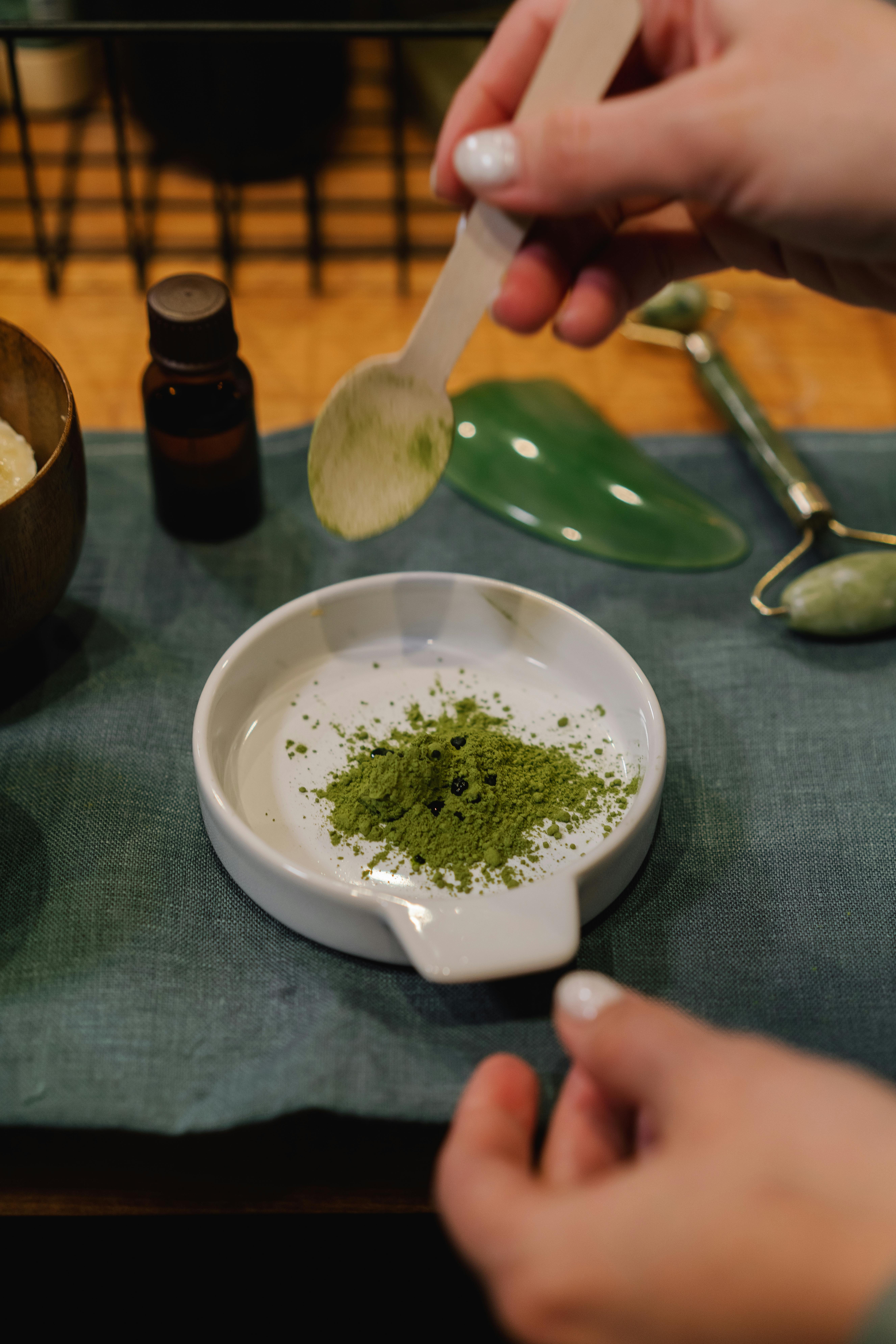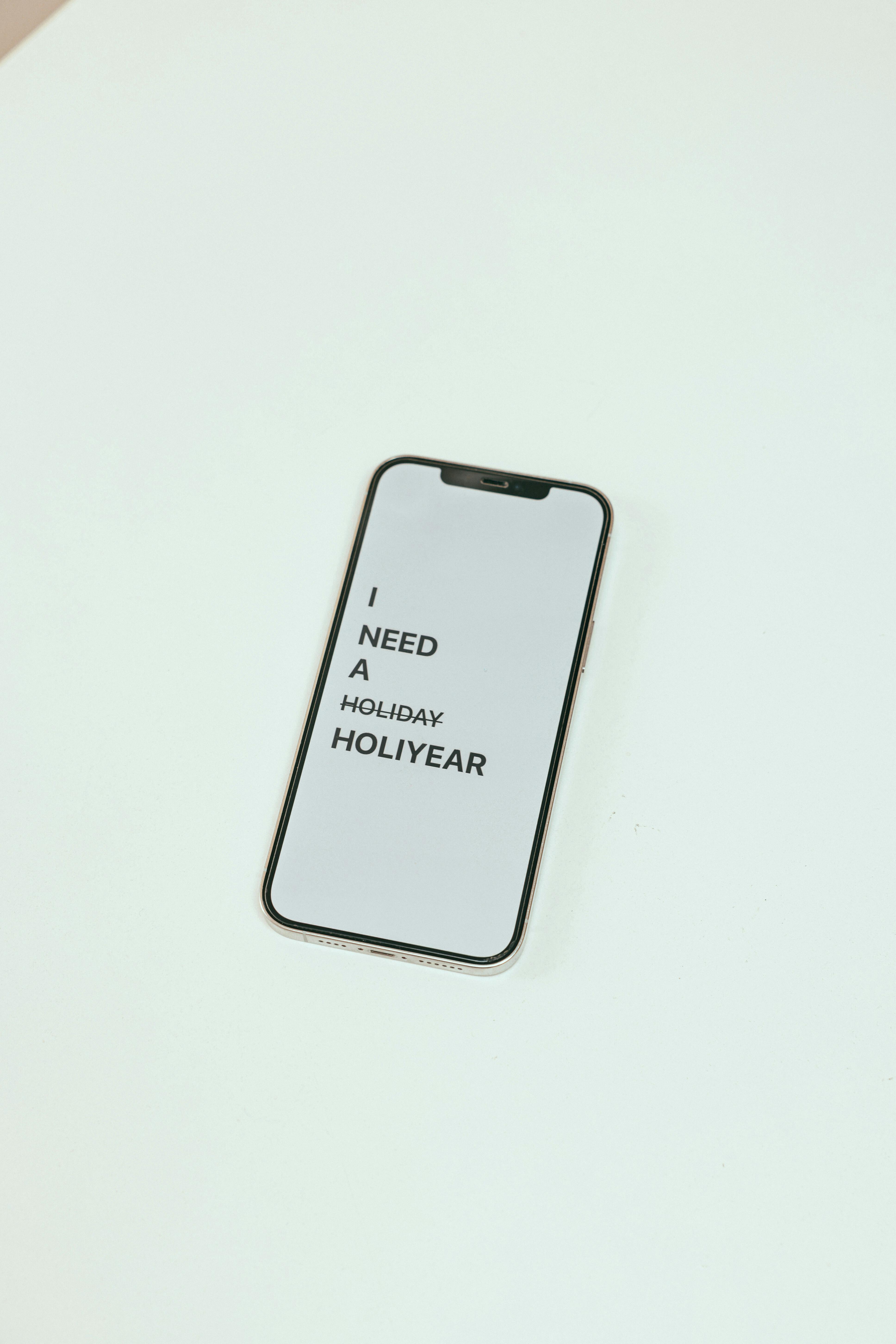
How to Properly Freeze Zucchini for Lasting Freshness in 2025
Freezing zucchini is an excellent way to preserve its fresh flavor and nutritional value for future meals. This guide will walk you through the **best methods to freeze zucchini**, including **blanching zucchini**, storing, and cooking tips to maintain quality and flavor. By the end of this article, you will have all the knowledge required for zucchini preservation that lasts well into 2025 and beyond!
Understanding Zucchini Preservation Techniques
Preserving zucchini is all about maintaining its quality, flavor, and nutrients. **Zucchini preservation techniques** can vary, but a key strategy is to adopt the right freezing methods. Fresh zucchini is a versatile vegetable that’s perfect for a variety of dishes, and knowing how to properly freeze it enables you to enjoy its benefits year-round. The ideal approach generally includes preparing the zucchini, deciding whether to blanch it, and packing it away correctly.
Preparing Zucchini for Freezing
The first step in **preparing zucchini for freezing** is selecting high-quality zucchini from your garden or local market. Look for firm and blemish-free specimens that are considered ideal for freezing due to their favorable texture and moisture content. Begin by washing your zucchini under cool running water and drying them thoroughly. Next, cut the zucchini into your preferred sizes, such as slices or cubes. This will fit well into your meal planning and **frozen zucchini recipes** later. For storage, consider **zucchini freezer bags** designed specifically for freezing, which help prevent freezer burn.
Blanching Zucchini for Optimal Freezing
One common method to extend the shelf life of frozen zucchini is **blanching zucchini** before freezing. This process involves boiling the zucchini in salted water for a short time and then quickly transferring it to ice water to halt the cooking process. The blanching method helps preserve the color, texture, and nutrients while effectively reducing enzyme activity that can lead to loss of quality during freezing. Recommended blanching times for zucchini typically range from 3 to 5 minutes, depending on your desired texture for frozen dishes.
Freezing Zucchini Without Blanching
While blanching is effective, you may also prefer to dive into **freezing zucchini without blanching** to retain a fresher taste and texture. To do this effectively, wash, dry, and cut your zucchini as in the blanching method, but directly freeze the raw pieces instead. Place them on a baking sheet to freeze individually for a few hours before transferring them to **zucchini freezer bags**. This prevents unwanted clumping, allowing you to grab just what you need for your meals.
Best Practices for Storing Frozen Zucchini
Once you've frozen your zucchini, the next step lies in understanding **best practices for storing frozen zucchini**. Proper storage methods significantly impact zucchini's texture and flavor once it's thawed. Proper air-tight packing is crucial to avoid freezer burn, which can ruin **frozen zucchini texture**. Make sure to press out as much air as possible from **zucchini freezer bags** before sealing them.
Thawing Frozen Zucchini
When you're ready to cook with your frozen zucchini, **thawing frozen zucchini** correctly is essential to maintain its quality. Different dishes will call for different thawing techniques. For instance, if you're planning to stir-fry or grill the zucchini, you might skip the thawing process altogether and cook them straight from frozen. However, for recipes like **zucchini casseroles** or soups, letting the zucchini thaw overnight in your refrigerator is the best approach, allowing excess water content to drain and preventing mushiness.
Frozen Zucchini Storage Time
Understanding the **frozen zucchini storage time** is key to keeping your dishes flavorful and safe to eat. Typically, frozen zucchini can last in your freezer for about 8 to 12 months while retaining its best quality. To maximize its flavor, be sure to label your storage bags with the freezing date. Additionally, periodically check your inventory; keeping track of what's in your freezer helps shorten the timeframe of how long your zucchini has been stored, ensuring you're using fresh produce for your cooking.
Healthy Zucchini Freezing Tips
To further enhance your experience, here are some **healthy zucchini freezing tips**: keep zucchini pieces consistent in size for even cooking, combine them with complimentary vegetables before freezing for more efficient meal prep, and regularly explore different recipes for frozen zucchini to diversify your meals. Engaging with various **frozen vegetable storage** methods can also lead to smarter cooking strategies and creative culinary dishes.
Incorporating Frozen Zucchini into Meals
Once you have your frozen zucchini stored, you're ready to integrate it into delicious recipes. Learning to use frozen produce creatively can enhance your meals and simplify your cooking process drastically. From baking to grilling, the adaptability of zucchini is impressive.
Creative Uses for Frozen Zucchini in Cooking
Frozen zucchini can work wonders in a myriad of dishes, including soups, casseroles, and stir-fries. For instance, creating a **zucchini soup** is quick and convenient—just sauté diced onions, garlic, and your frozen zucchini in broth, blend until smooth, and enjoy! Similarly, **zucchini fries** made from thawed zucchini can be seasoned and baked for a healthier alternative to regular fries. Take a chance on your **zucchini baking methods** by incorporating them into your pancakes, adding moisture and nutrition without compromising flavor.
Utilizing Frozen Zucchini in Meal Prep
Meal prepping with frozen zucchini saves time and enhances your nutritional intake. Consider crafting **zucchini casseroles ideas** or a hearty **zucchini stir fry** as part of your meal preparation. Combining zucchini and protein like chicken or tofu provides balanced and nutritious dinners. **Recipes using frozen zucchini** can bring depth and flavor; you can even make smoothies packed with nutrients using frozen pieces.
Understanding Texture Changes in Frozen Zucchini
One common concern is the **frozen zucchini texture**. Unlike fresh zucchini, the frozen version may become slightly softer upon thawing. Understanding this helps you adapt your cooking techniques, ensuring you embrace the changes instead of seeing them as a disadvantage. Aim to cook the zucchini in a way that highlights its altered qualities, like adding them toward the end of cooking processes to retain some crispness.
Key Takeaways
- Select high-quality zucchini for freezing to ensure optimal flavor and texture.
- Consider blanching zucchini to preserve its quality or use methods to freeze it without blanching.
- Store zucchini properly to prevent freezer burn and maintain quality.
- Explore various recipes using frozen zucchini to find creative ways of enhancing your meals.
- Understand and adapt to texture changes in frozen zucchini for best cooking practices.
FAQ
1. How long can I safely store frozen zucchini?
Frozen zucchini is best consumed within 8 to 12 months. After this period, it could still be safe to eat, but the quality may diminish significantly.
2. Can I freeze cooked zucchini dishes?
Yes, you can freeze cooked zucchini dishes. Ensure the dish is adequately cooled and stored in airtight containers or freezer bags to prevent freezer burn.
3. What are the best methods for freezing zucchini without blanching?
To freeze zucchini without blanching, wash, dry, cut into pieces, and spread them on a baking tray to freeze individually before transferring them to freezer bags.
4. How can I avoid mushiness in thawed zucchini?
To maintain the texture of thawed zucchini, it’s best to use it quickly in recipes that allow for cooking from frozen or proper drainage before using in cooked dishes.
5. What unique recipes can I try with frozen zucchini?
Experiment with **zucchini stir-fries, casseroles**, and **soups**. You can also incorporate it into baked goods like muffins or pancakes for added moisture and nutrition without any off-putting taste.
6. Are there nutritional benefits to frozen zucchini?
Yes, frozen zucchini retains most of its nutritional value, including vitamins and minerals, making it a healthy choice when fresh zucchini isn't available.
7. Can frozen zucchini be used in smoothies?
Absolutely! Frozen zucchini works wonderfully in smoothies, contributing creaminess and nutrition without dominating the flavor, making it easier to incorporate into healthy drinks.

